Optimal Seasons for Foundation Repairs
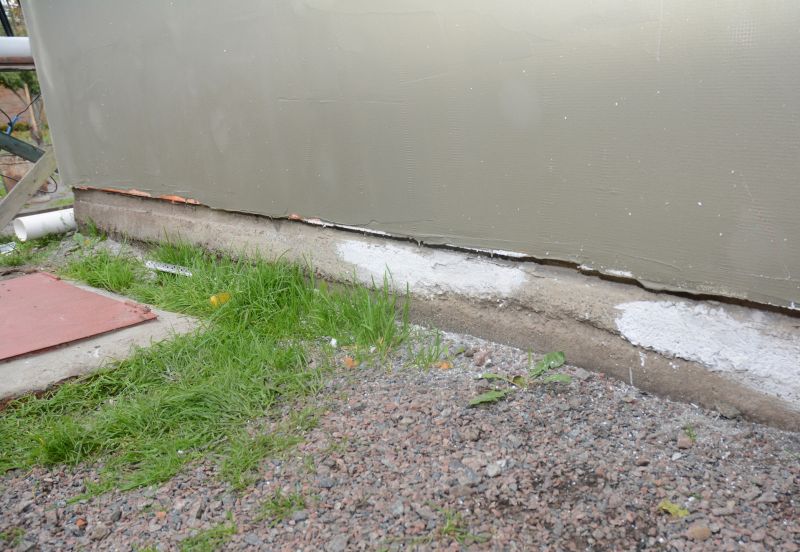
Ways to make Foundation Repairs work in tight or awkward layouts.
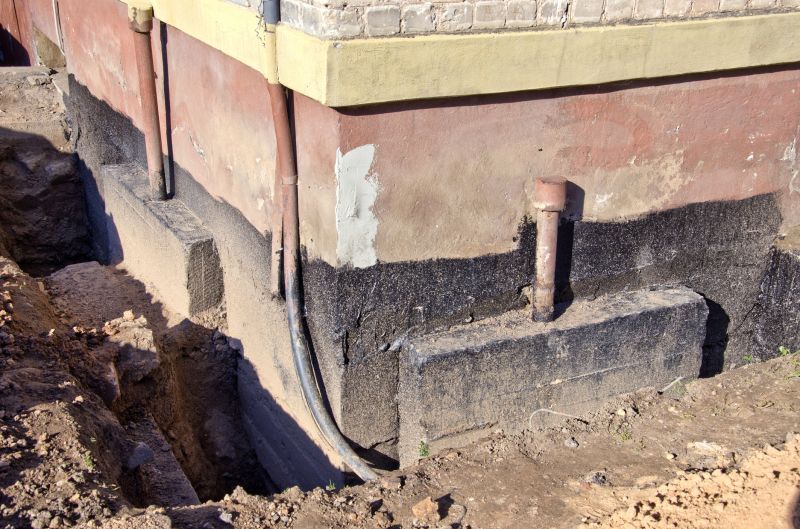
Popular materials for Foundation Repairs and why they hold up over time.
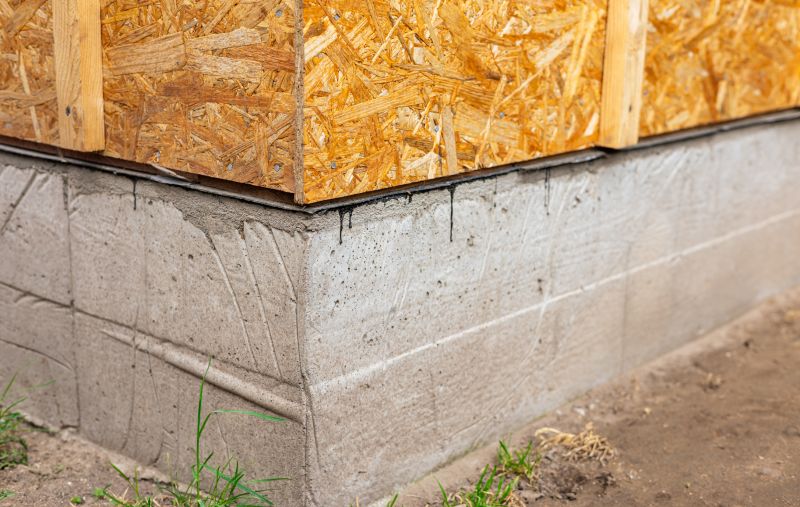
Simple add-ons that improve Foundation Repairs without blowing the budget.
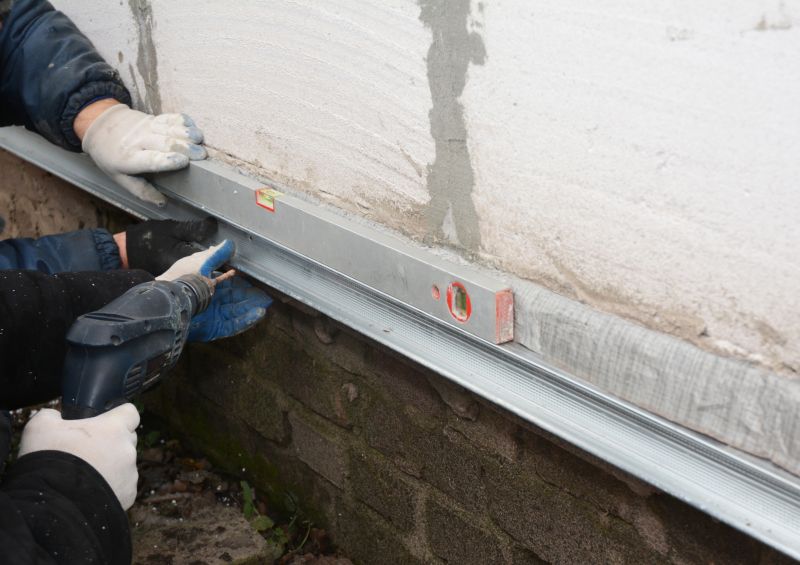
High-end options that actually feel worth it for Foundation Repairs.
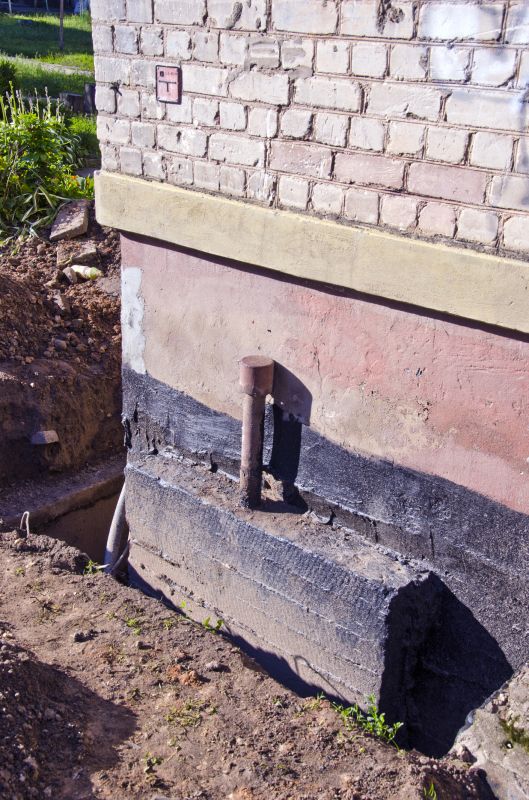
Finishes and colors that play nicely with Foundation Repairs.
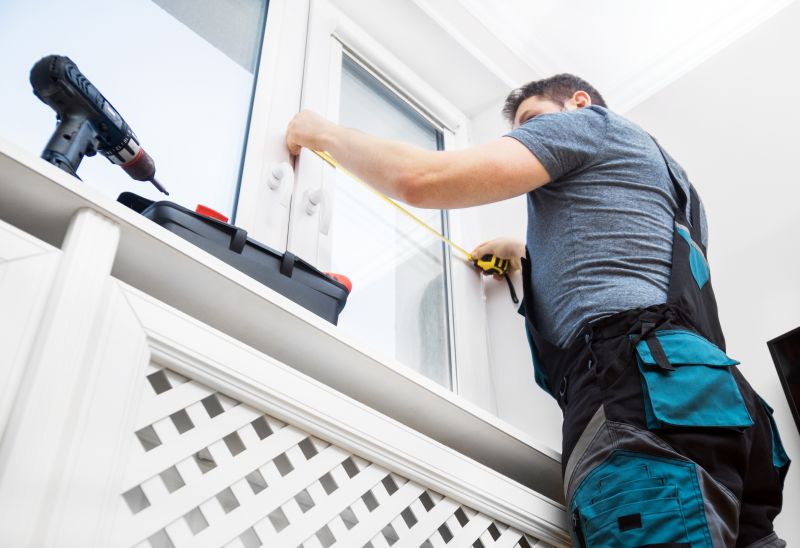
Little measurements that prevent headaches on Foundation Repairs day.
Foundation repairs are essential for maintaining the structural integrity of a building. The timing of repairs can influence the effectiveness and longevity of the work performed. Typically, the most suitable seasons for foundation repairs are during moderate weather conditions that allow for proper curing and settling of materials. Extreme temperatures and moisture levels can hinder repair processes or cause additional issues.
Understanding the seasonal variations helps in planning foundation repairs effectively. In areas with cold winters, it is advisable to avoid repairs during freezing temperatures, as the ground may be frozen and soil movement unpredictable. Conversely, in hot, dry summers, soil shrinkage can cause additional stress on foundations, making repairs more challenging. Spring and fall often provide the most stable conditions, with moderate temperatures and manageable moisture levels.
Spring offers milder weather, making it ideal for foundation work. Soil is thawed and moisture levels are manageable, facilitating effective repairs.
Summer can be suitable if temperatures are moderate. However, high heat and dry conditions may affect curing times and soil stability.
Fall provides cooler temperatures and increased moisture, which can be beneficial for foundation repairs before winter.
Winter is generally less ideal due to frozen ground and harsh weather, which can delay repairs and affect results.
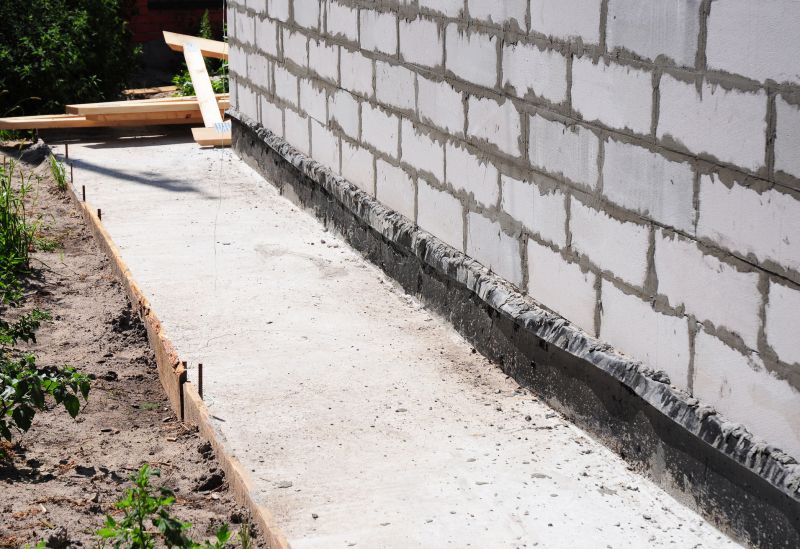
A 60-second routine that keeps Foundation Repairs looking new.
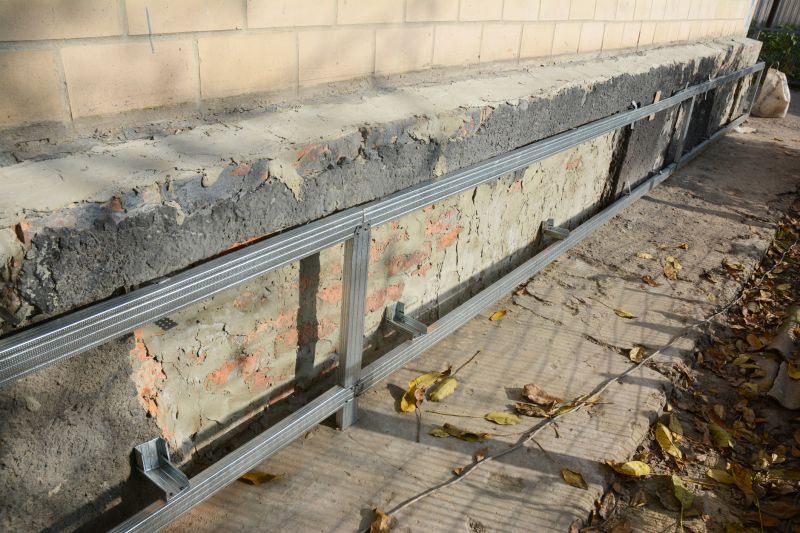
A frequent mistake in Foundation Repairs and how to dodge it.
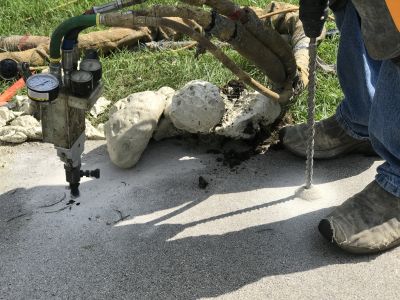
Small tweaks to make Foundation Repairs safer and easier to use.
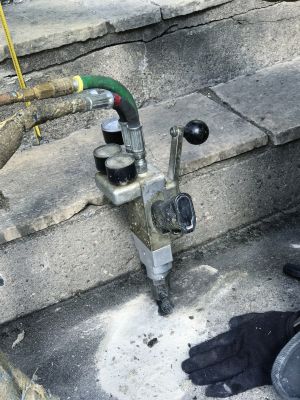
Lower-waste or water-saving choices for Foundation Repairs.
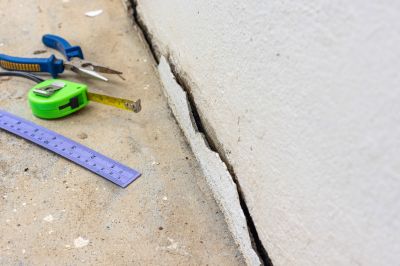
The short, realistic tool list for quality Foundation Repairs.
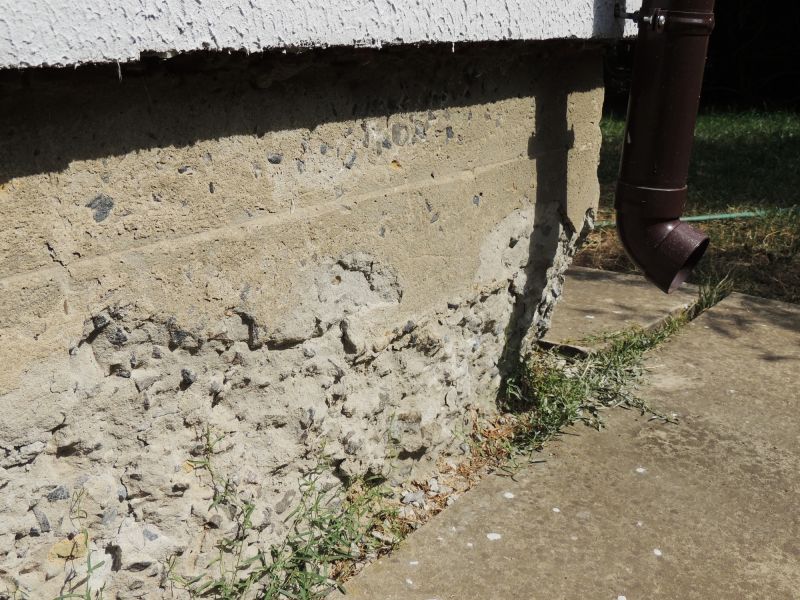
Rough timing from prep to clean-up for Foundation Repairs.
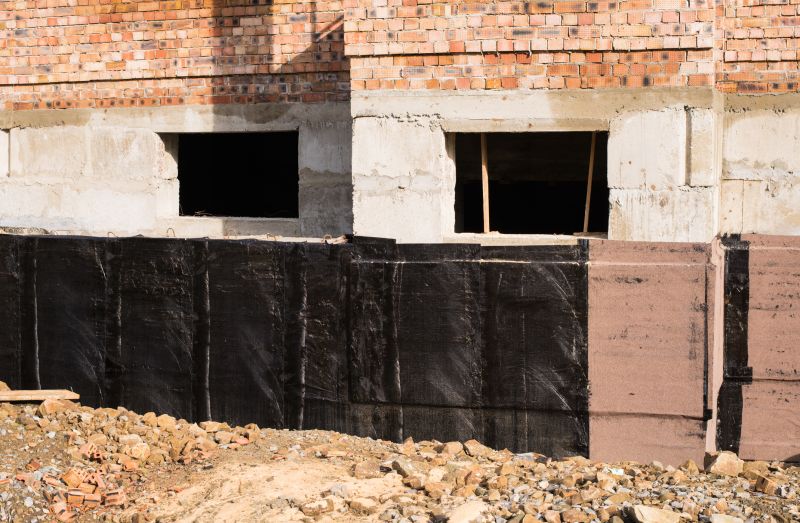
Quick checks and paperwork to keep after Foundation Repairs.
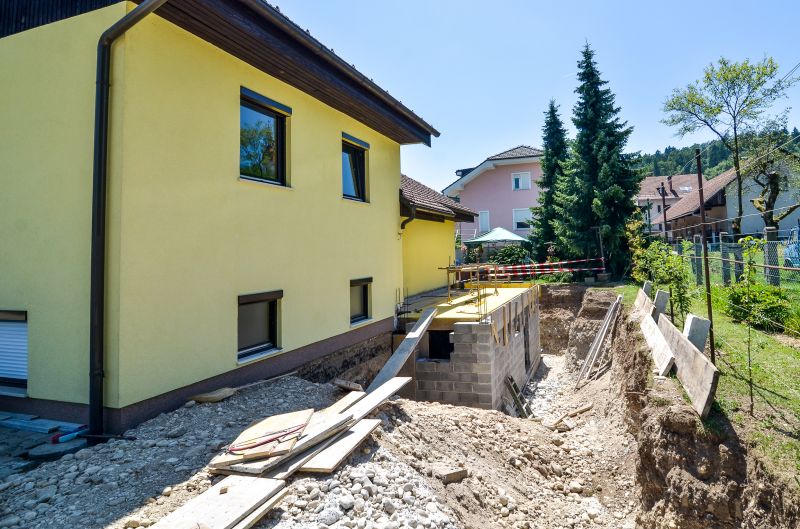
Examples that show the impact a good Foundation Repairs can make.
| Season | Best Conditions |
|---|---|
| Spring | Moderate temperatures, soil thawed, manageable moisture levels |
| Summer | Suitable if temperatures are moderate, avoid peak heat |
| Fall | Cooler weather, increased moisture, ideal for pre-winter repairs |
| Winter | Generally not recommended due to frozen ground and weather delays |
Foundation repairs are a critical aspect of maintaining a building's stability. Timely intervention can prevent further structural damage and costly repairs. Seasonal considerations play a significant role in the success of foundation work, with moderate weather conditions offering the most favorable environment for effective repairs. Proper planning and understanding of local climate patterns can help ensure the durability of foundation repairs over time.
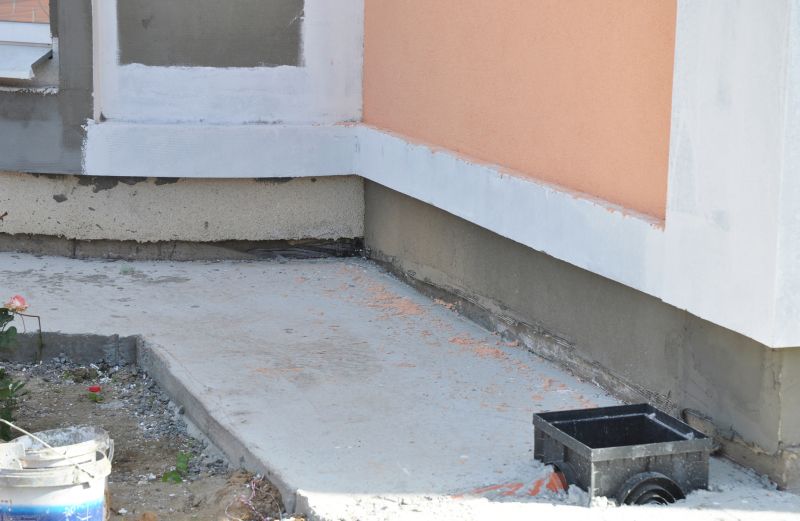
Ways to make Foundation Repairs work in tight or awkward layouts.
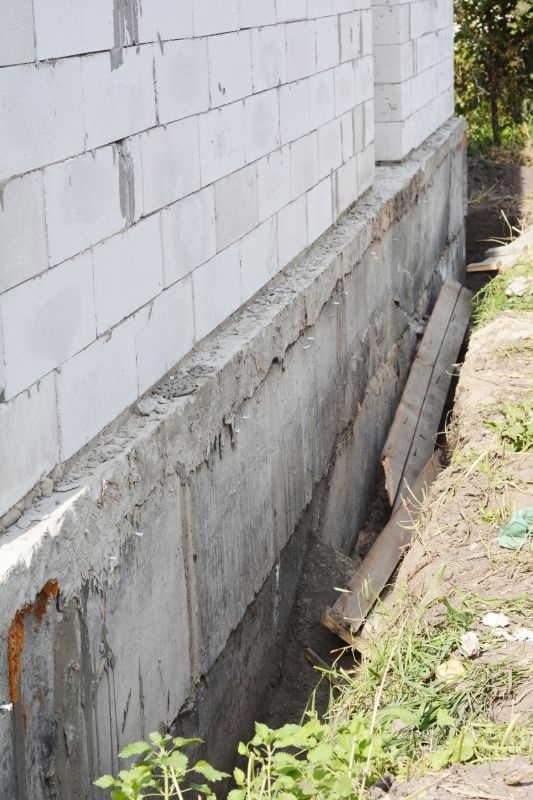
Ways to make Foundation Repairs work in tight or awkward layouts.
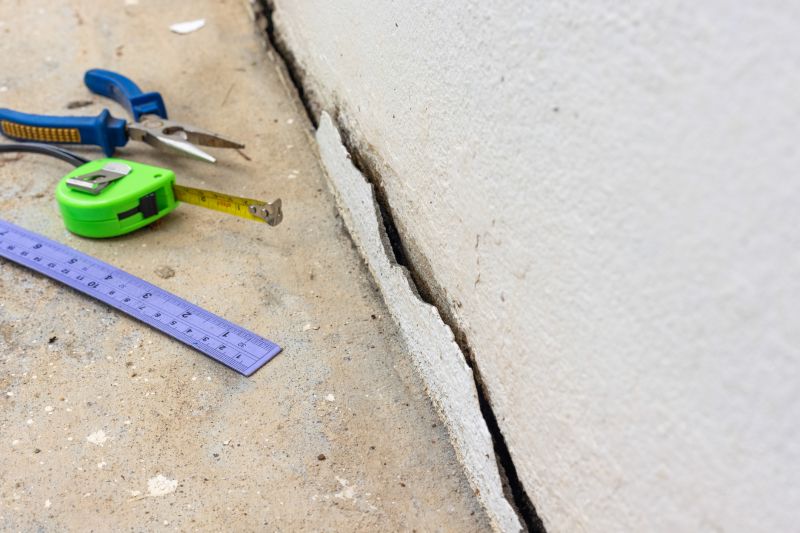
Ways to make Foundation Repairs work in tight or awkward layouts.
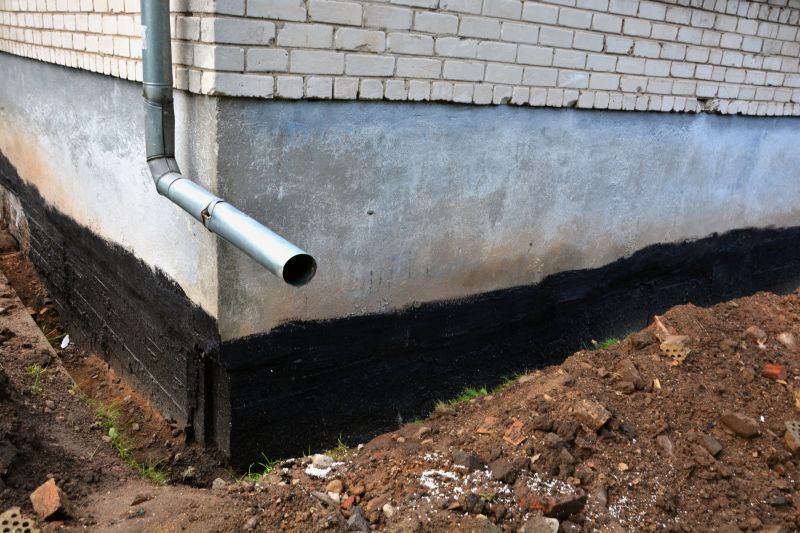
Ways to make Foundation Repairs work in tight or awkward layouts.
Interested in foundation repairs? Filling out the contact form can provide more information and help schedule an assessment to determine the best timing and approach for specific needs.

